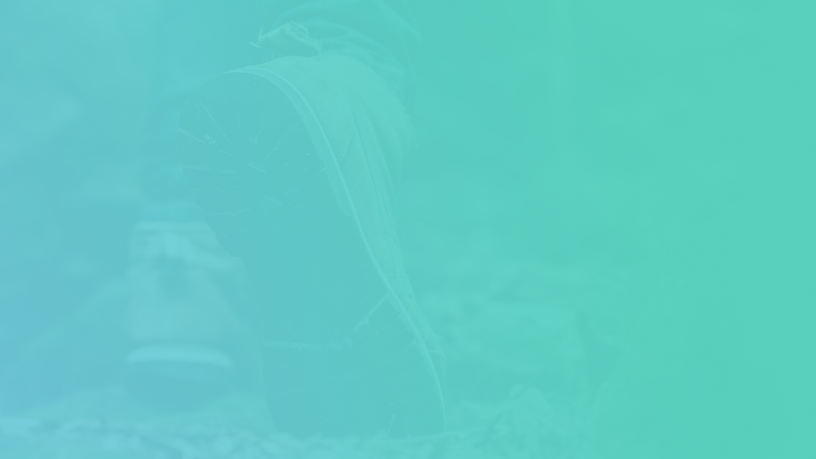


Interactive Smart Screen Designed
to Tailor Personal Hiking Routes
Role
Tools
Duration
Methods
Format
UX researcher, wireframe developer, observational field study & participatory design workshop lead
Figma, Protopie, Mural, Google Jamboard
3 months
In-depth interview, Observational field study, Participatory design workshop
Team project with Youbeen Lee, Hyo Bin Lee, Min Zy Choi, Yun Jung Baek, Hyerim Jung
Overview
Analyzing the challenges and needs of the young hikers in South Korea.
We introduce Meari, an interactive smart screen designed to provide a personalized experience and assistance for hikers, particularly targeting customization and specification needs of young hikers. Along with the product pitch, we outline the potential impact of this solution's design.
Desk Research
In-depth
Interview
Observational Field Study
Participatory Design Workshop
*Card Sorting
Primary Research
Solution & Design Ideation
Usability
Testing
User evaluation
Final
Prototype
Goal
-
To investigate the perception and behavioral patterns of young hikers
-
To identify users' pain points to inform a solution-oriented design
-
To analyze the market feasibility of the product
Tasks
-
Conducted in-depth interviews to understand user perceptions and preferences
-
Performed observational field studies to closely examine the behavioral patterns of young hikers
-
Co-created potential solutions through a participatory design workshop with potential users
-
Designed a user flow centered on personalization and customization to address hikers' unique needs and enhance their overall experience
Background
Rising popularity of hiking among those in their 20-30's in South Korea
Several news articles have reported on its growing popularity,
as well as the associated rise in accidents and risks.



Through desk research,
we identified the 3 phases of hiking and each pain point:

We first 'listened' to the young hikers through
In-depth interviews


Then, we 'watched' the young hikers through observational field study
(by going on a hike with them)

Finally, we 'discussed' with them through Participatory design workshop
Users' interests mainly centered on hiking courses and customizing them with necessary information such as distance and estimated duration.

Hikers face difficulty in planning the appropriate hiking course for
their individual needs and skill levels, since most sources of hiking information are largely partial and subjective.






Personal Reflection
Challenges
- To achieve concrete outcomes within a short timeframe, we scheduled consistent and regular meetings three times a week in advance to ensure effective communication and collaboration.
- Initially, the team was unfamiliar with one another, so we dedicated time to engage in brief ice-breaking activities to foster collaboration and teamwork.
- While only two of the six team members had a strong passion for hiking, the entire team made efforts to empathize with users by actively listening to their experience during the research process.
Lessons
- Participants may not be fully aware of their actions, which underscores the effectiveness of observational field studies.
- Initially sharing each other's skills and strengths within the team was very beneficial, allowing for the easy assignment of roles among team members.
- I recognized the importance of thorough note-taking; when note-taking is not available, it's essential to utilize methods such as recording, sketching, or other means to capture insights and observations.




